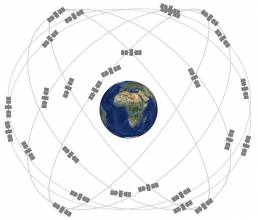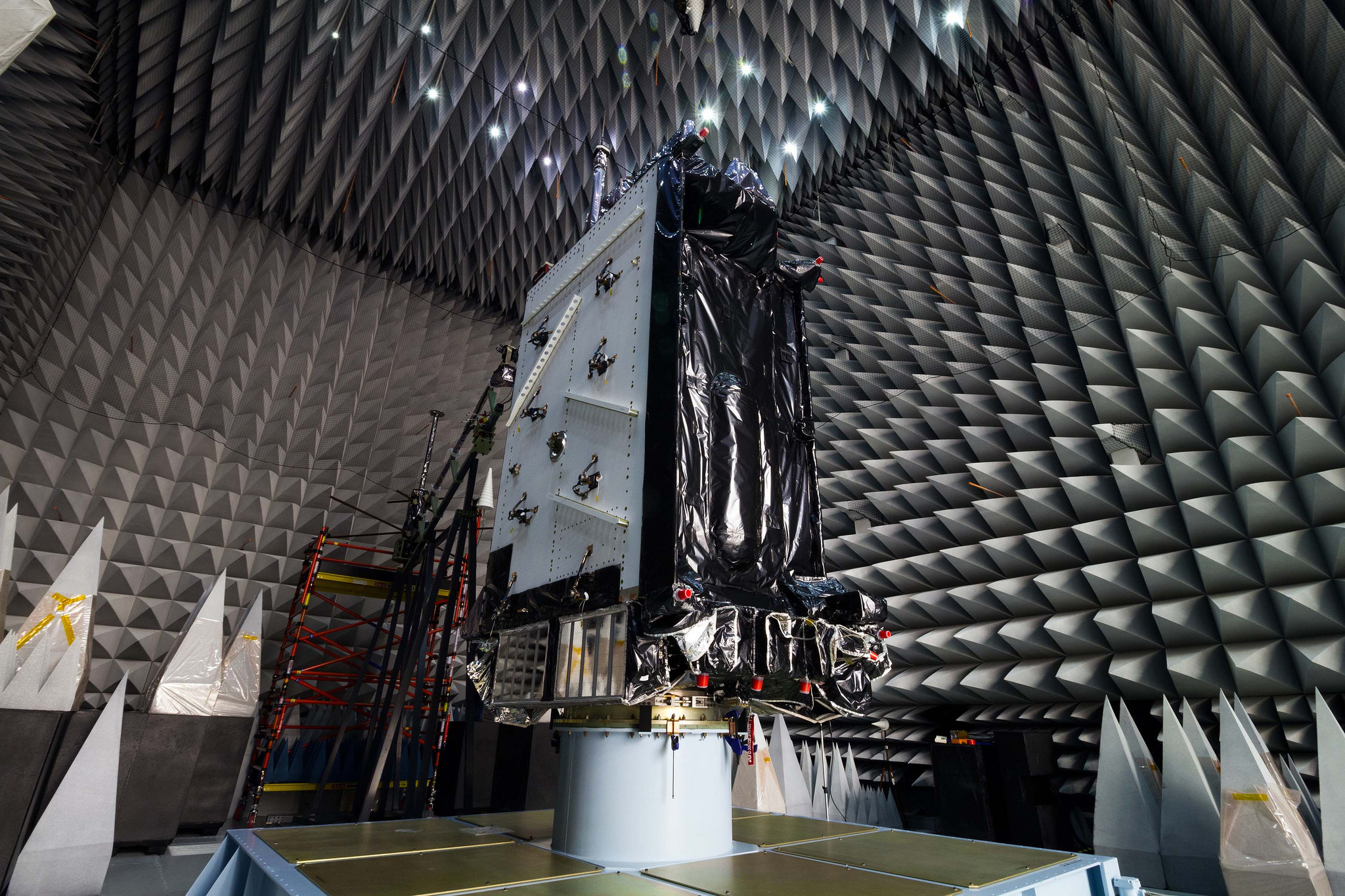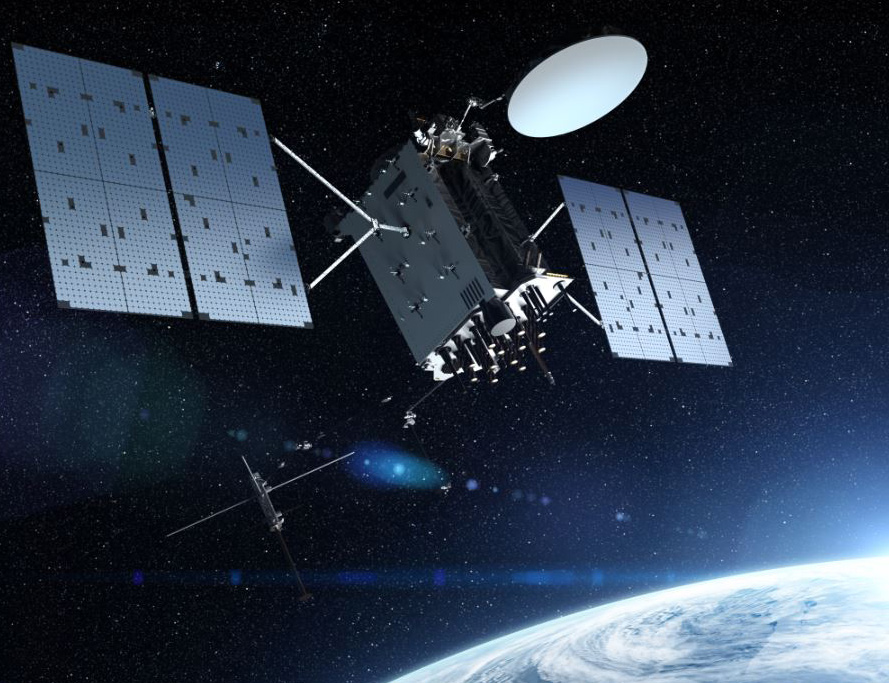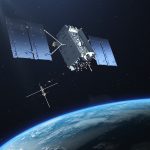Air Force Space Command released its request for proposals (RFP) Tuesday in a winner-take-all contest to build $10 billion of new GPS III satellites.
The entire procurement deal for 22 spacecraft will go to a single bidder, the Air Force Space Command confirmed in its February 13 announcement – something they were already leaning toward last year as a cost-saving measure.
"Every time we restart that (a procurement), it’s billions of dollars in nonrecurring engineering costs," said GPS Directorate Deputy Director Col. Gerry Gleckel in July. "There’s delay going through the satellite design process and in qualification. We want to get some more stability in our satellites."

The procurement will be structured as a "predominantly Fixed Price Incentive-type contract" with delivery of the first spacecraft expected in 2026. Construction is to begin in fiscal year 2019, which starts October 1 of this calendar year.
The initial funding for the GPS III follow-on program, that is GPS IIIF, will not, however, come from procurement monies, but from research funding. There is $451.9 million in Research, Development, Test & Evaluation (RDT&E) money requested for GPS IIIF in FY19, the Space and Missile Systems Center (SMC) told Inside GNSS, in response to a query.
"The Air Force will use RDT&E funding for the non-recurring design and engineering work and the first two space vehicles," the SMC said. "The remaining space vehicles will use procurement funding."
A total of $2 billion for GPS IIIF is incorporated in the 5-year Future Years Defense Program (FYDP) that covers fiscal years 2019 through FY23, according to the SMC.
GPS IIIF is also considered a "new start," Inside GNSS learned, despite the fact GPS III spacecraft have been built before.
"While the GPS IIIF program is a continuation of the long-standing GPS III SV01-10 program, the Air Force has determined that the GPS III SV11-32 Follow-On (GPS IIIF) effort be a new start," the SMC said. "ACAT I program with the Air Force serving as Milestone Decision Authority."
Such budget minutia can be important. For example, you can’t actually begin work on a new-start program when funding is being done with a continuing resolution – as has been the case for nearly six months. Though a budget deal was recently reached giving lawmakers a fiscal frame to work with for FY18 and FY19 they still have to fill in the picture for this year with appropriations legislation – and that does not look like a smooth process. The current continuing resolution expires March 22.
The good news is that the GPS IIIF contract RFP is out and it would seem that construction on the new satellites – which is not expected to start until FY19 – could begin on time if lawmakers manage to avoid continuing resolutions in the next budget cycle. Their track record is dismal, but it’s a two-year budget deal – perhaps that will work out.
The contenders for the contract will likely include Lockheed Martin Space Systems Company, which is building the first 10 GPS III satellites, Boeing Network and Space Systems, and Northrop Grumman Aerospace Systems. The Air Force awarded the three fixed-price contracts in May 2016 to assess if there were viable alternatives to Lockheed Martin to build the rest of the GPS III spacecraft. The Air Force was looking to replace prime contractor Lockheed after troubles with the satellite payload and other issues put the contract behind. The service was so angry that at one point it was going to bar Lockheed Martin from phase 1 of a follow-on competition.
The Air Force eventually settled on a two-phase approach that included Lockheed – and then things bogged down again. The just-released RFP was expected to be released last summer, then last fall – then in December.
It is not at all clear that all three award Phase 1 award winners will compete – in fact one knowledgeable GPS expert suggested only two of the three will choose to go forward. It is also possible another firm could submit a proposal. Phase 2 is "wide open," – that is it is not limited to the Phase 1 firms, though the expert said that was unlikely.
There was some confusion about the GPS III program after the White House released its budget on February 12. The budget listed a seemingly new GPS program called GPS IIIC.
"The program is erroneously referenced in the budget documents as "GPS IIIC (GPS III Follow-On)," the SMC said in a written statement, "but the program is, in actuality, known as GPS IIIF and the Air Force is working internally to make the necessary corrections to avoid future confusion."






